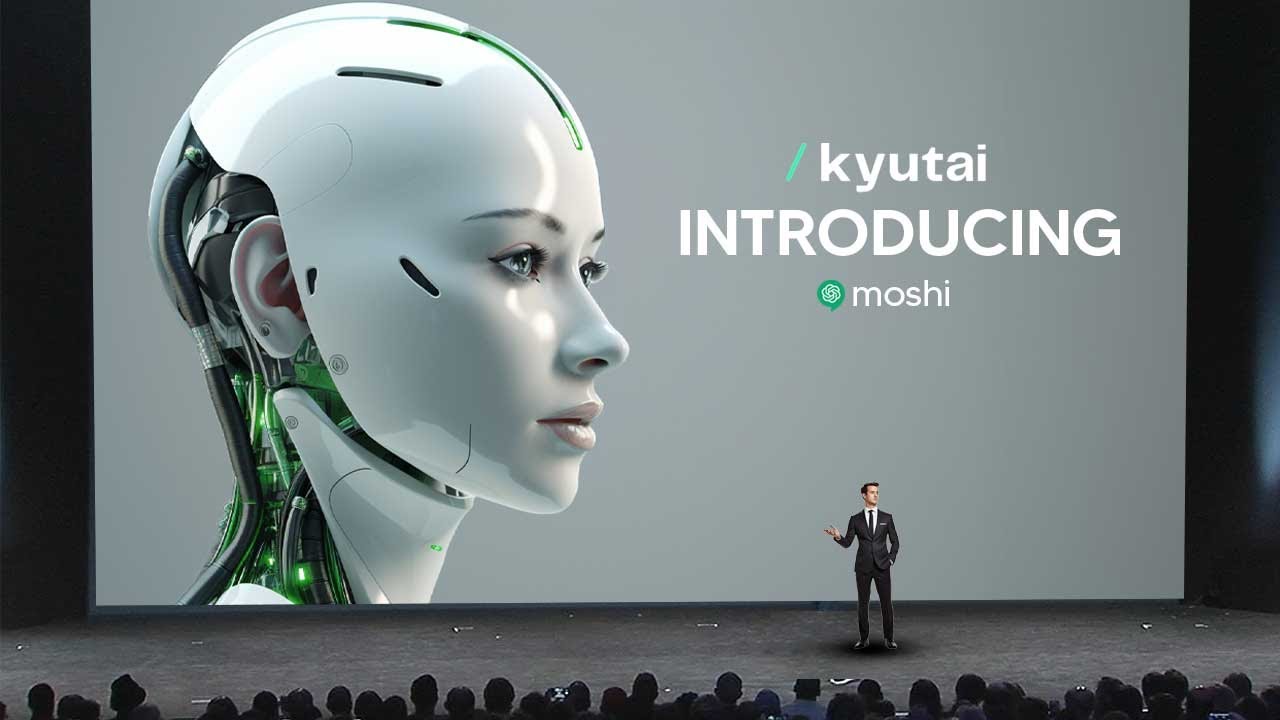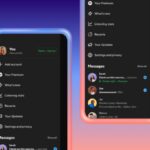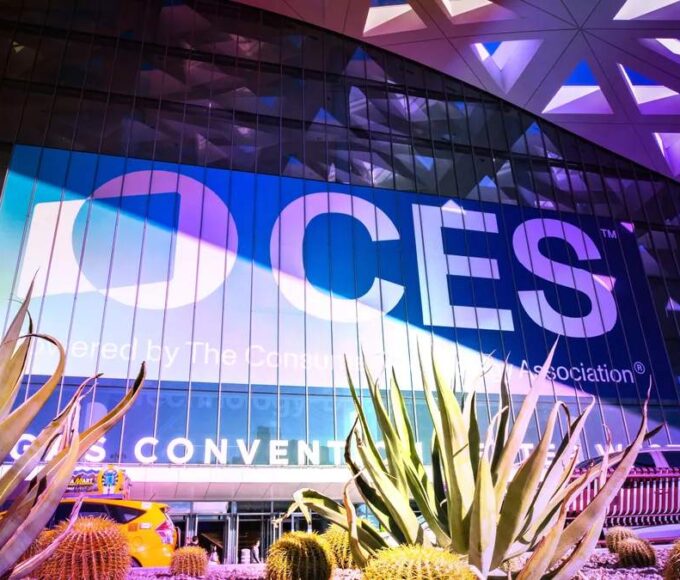French startup Kyutai has introduced “Moshi,” a groundbreaking voice-enabled chatbot that promises to challenge industry leaders with its advanced features and rapid response times.
Moshi, named after the Japanese phrase for answering a phone call, boasts capabilities reminiscent of OpenAI’s highly anticipated GPT-4o Advanced Voice Mode. However, Kyutai’s offering brings several unique advantages to the table.
Key Features:
- Tone Recognition: Moshi can interpret the user’s tone of voice, adding a layer of emotional intelligence to interactions.
- Interrupt Capability: Unlike many AI assistants, Moshi can be interrupted mid-response, mimicking natural conversation flow.
- Rapid Response: With a mere 200-millisecond response time, Moshi outpaces GPT-4o’s reported 232-320 millisecond range.
- Offline Functionality: The chatbot can operate without an internet connection, enhancing privacy and accessibility.
- Diverse Voice Options: Moshi speaks in various accents and can emulate 70 different emotional and speaking styles.
- Simultaneous Audio Processing: The AI can listen and speak concurrently, handling two audio streams at once.
Kyutai developed Moshi using a 7-billion parameter large language model called Helium. Despite its relatively small size, the chatbot demonstrates impressive capabilities. The company emphasizes its focus on replicating the nuances of human conversation, even collaborating with a professional voice artist to enhance the chatbot’s vocal quality.
Interestingly, Moshi was developed from scratch in just six months by a team of eight researchers. The model was trained on 100,000 synthetic dialogues generated using Text-to-Speech technology.
Kyutai plans to make Moshi an open-source project, allowing users to leverage the technology without compromising privacy. While primarily a research prototype, Moshi showcases the potential for rapid advancements in conversational AI, particularly in replicating human-like tones and voices.
The company is also developing an AI-powered audio identification, watermarking, and signature tracking system for future integration with Moshi.











